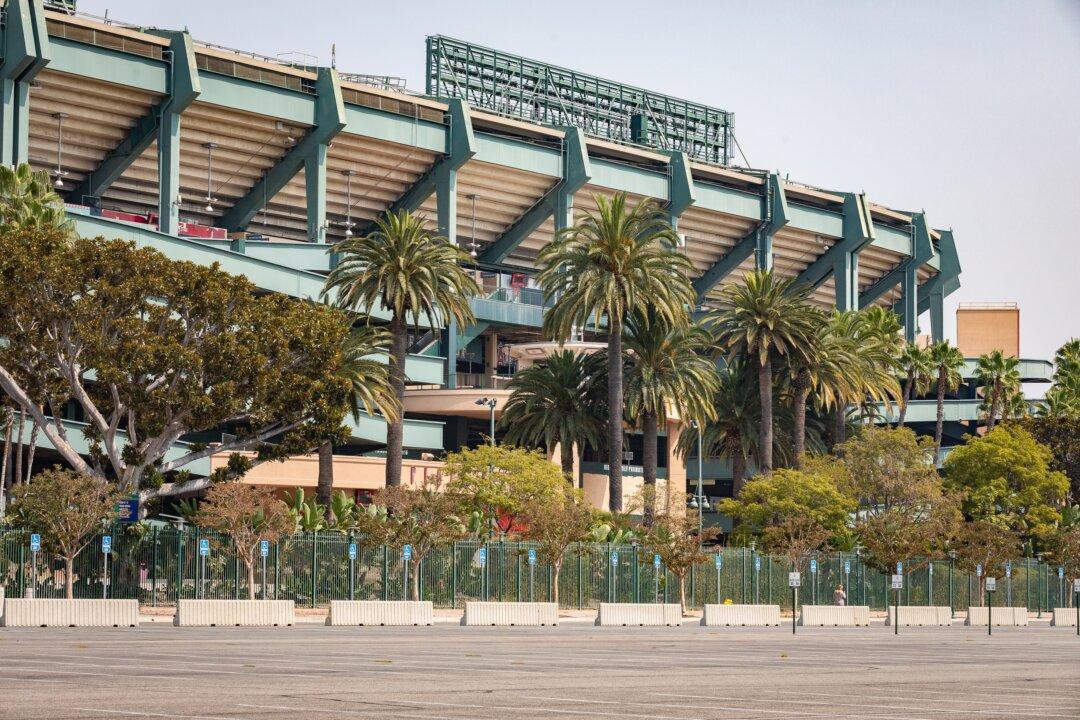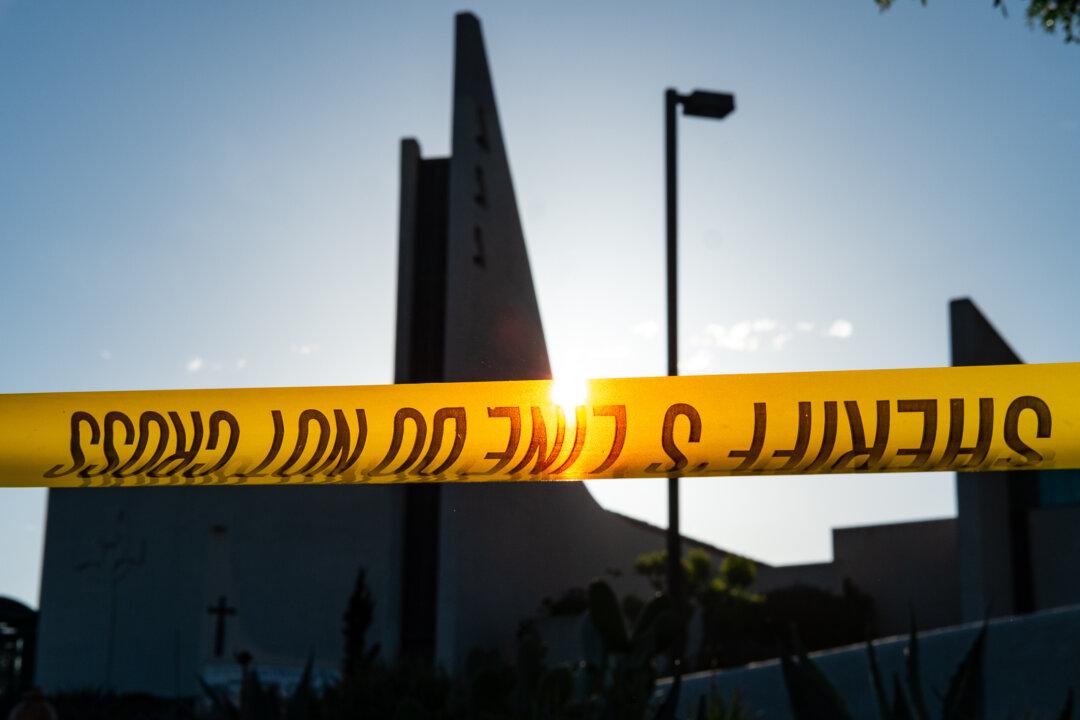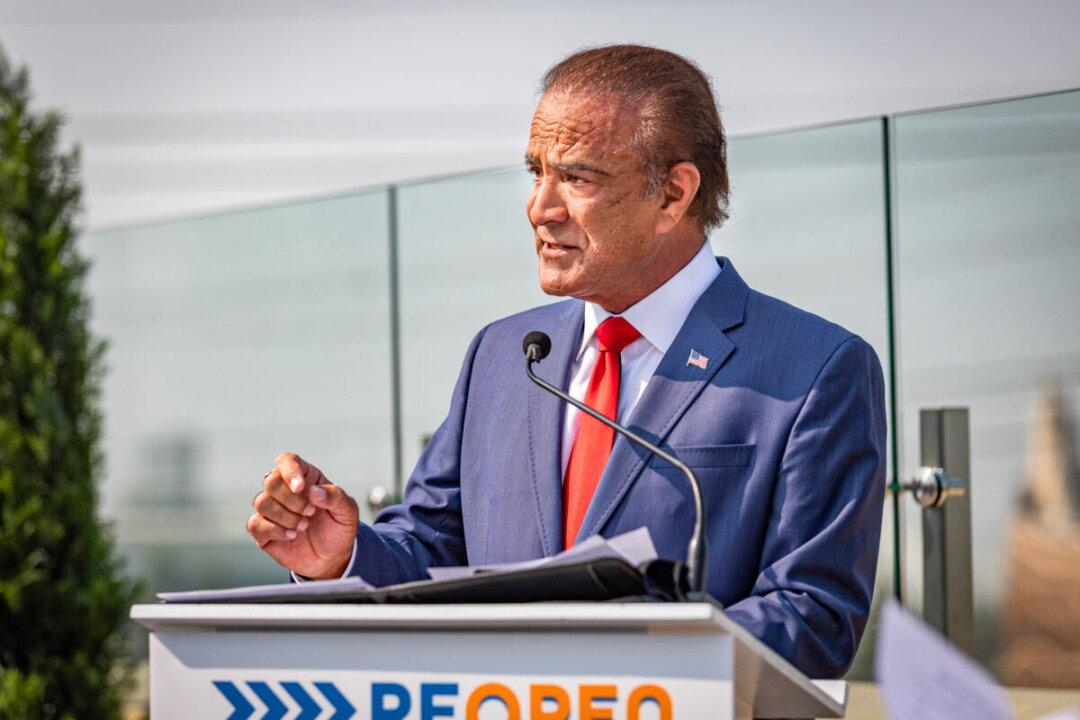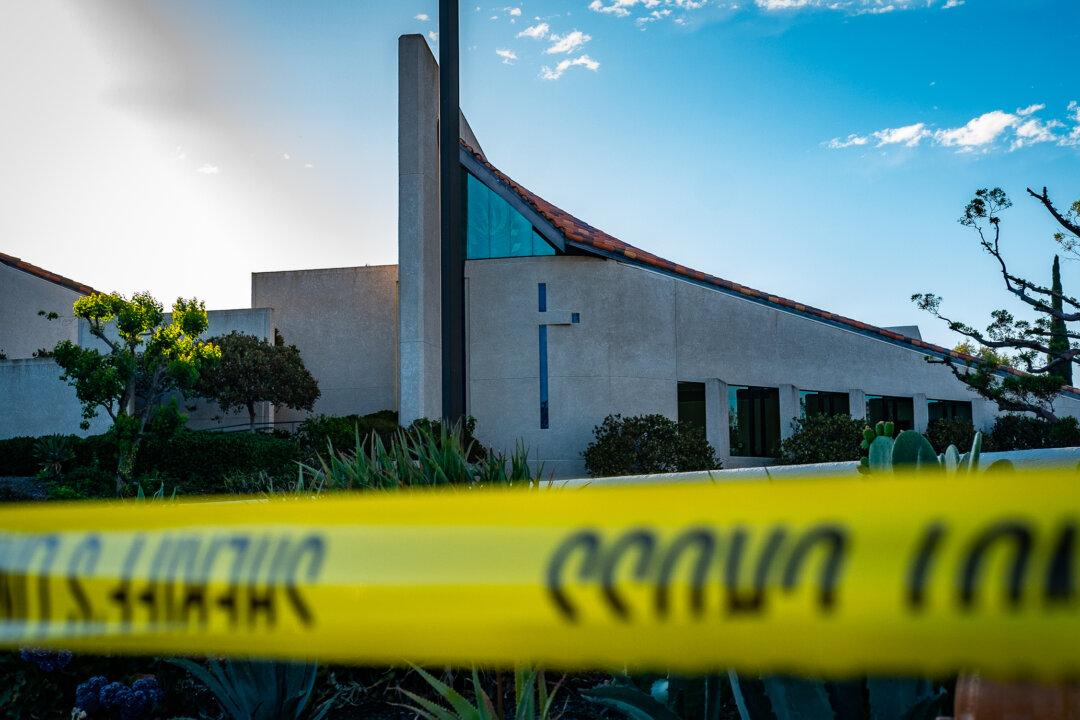ANAHEIM, Calif.—The city of Anaheim is on a countdown of 60 days to fix its plans to sell and develop Angel’s Stadium after being found in violation by the state’s housing agency.
A notice of violation of the Land Surplus Act was filed by the state Department of Housing and Community Development (HCD) on Dec. 8, nearly a week after the city received advanced notice of the filing.




